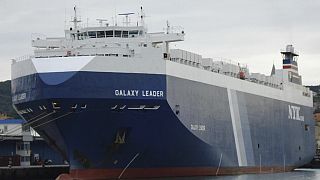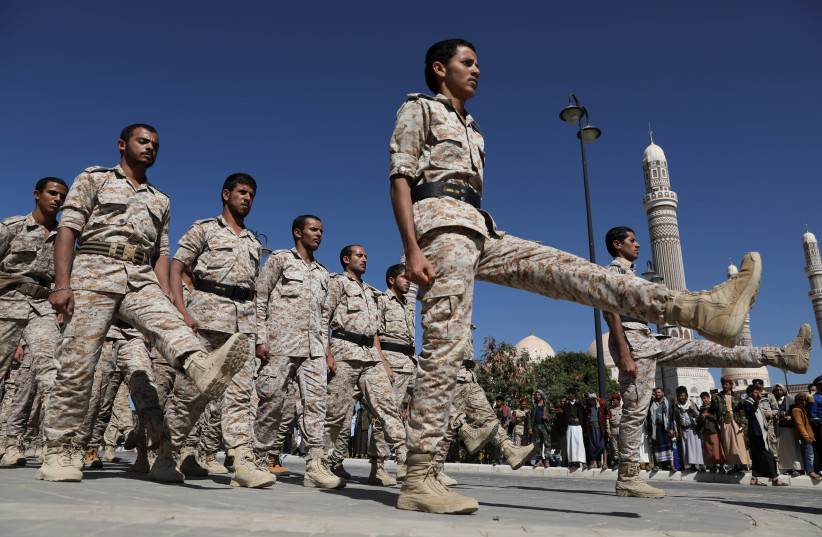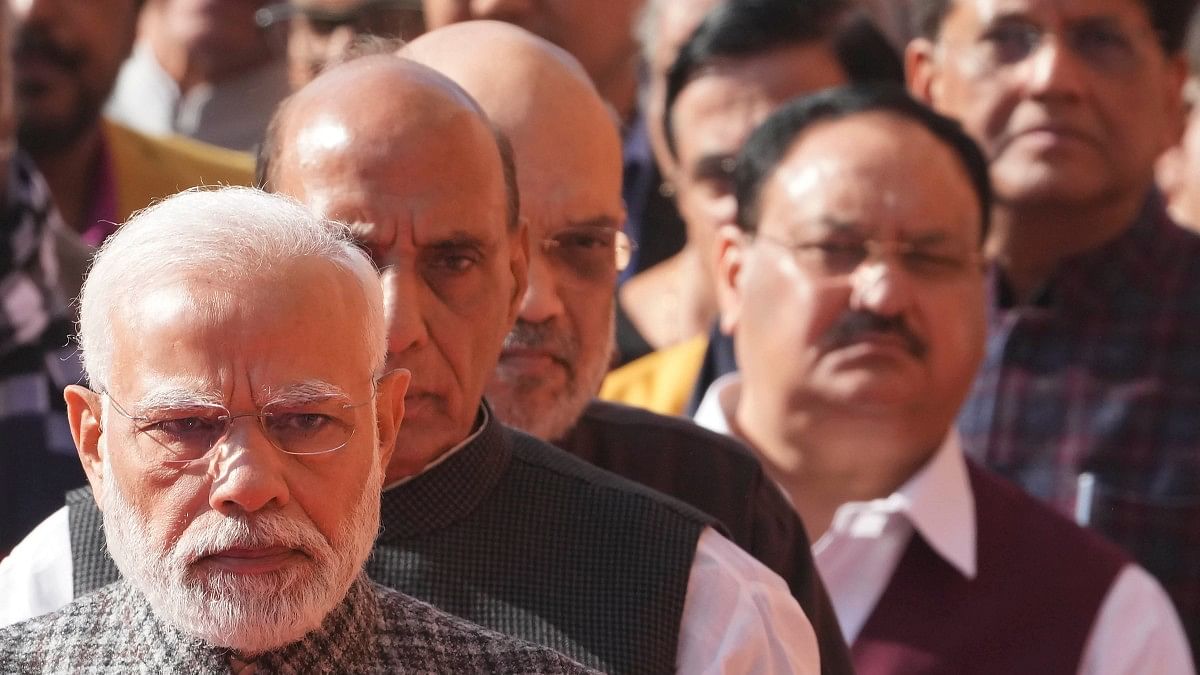Israel owned Galaxy Leader Vehicle which was on the move from Turkey to India has been hijacked by the rebel Yemeni group, Houthis. The rebels previously pledged to seize any vehicle passing from the Red Sea which had Israel’s flag or were linked to the war inflicted country.
In a turn of events, Israel Defence Forces (IDF) later contradicted all the allegations by the Houthis about the Israeli origin of the sea-vehicle. The exact ownership of the ship difficult to be revealed due to the intricate details and numerous number of investors indulged with the sea vehicle.
Even after Israel’s denial, several media reports have pointed that the Galaxy Leader Vehicle belongs to a wealthy Israeli businessman Rami Ungar. The nationality of the crew is under the wraps whilst the IDF have confirmed that no Israeli nationals were present on the ship.
The ship had Bahamas flag flying atop and went missing to the ship tracking officials for a span of 26 hours. Contradictory reports have been surfacing on the internet ever since the hijack. Many outlets confirmed that there were 22 crew members floating. Although a reliable Lebanon based outlet went on to confirming that there 52 crew members on the vehicle.

Who are the Iran-backed Houthis? Why have they stormed a war against Israel?
During the latter part of the 20th century, the Houthi clan, with roots in the isolated northern reaches of Yemen, initiated a religious revival movement for the Zaydi branch of Shi’ite Islam, which had once governed Yemen but had subsequently experienced economic hardship and marginalisation in its northern stronghold.
Shi’ite Muslims compose a minority in the Islamic world, and Zaydis are a minority within this minority group, differing significantly in their teachings and beliefs from the Shi’ites who predominate in Iran, Iraq, and various other regions.
For hundreds of years, the Zaydis engaged in a struggle for control of Yemen, achieving varying degrees of success. A line of Zaydi Imams governed the community, and Zaydis formed the majority of the population in the northern highlands. Throughout the 18th and 19th centuries, they engaged in skirmishes with the former Ottoman Empire.
After the collapse of the Ottoman Empire in 1918, a Zaydi monarchy emerged in North Yemen, known as the Mutawakkilite Kingdom, which gained international recognition as the legitimate government of North Yemen, with its capital situated in Taiz. The monarch, or imam, held dual roles as both a secular ruler and a spiritual leader.
However, with Egypt’s backing, a revolutionary military junta staged a coup in 1962, ousting the Mutawakkilite monarchy and setting up an Arab nationalist government, with its capital in Sana’a.
The 2003 US invasion of Iraq had a significant impact on the Houthi movement, as it did on many other Arab populations. It marked a turning point for the group, leading them to adopt a more radical stance and embrace slogans like, “Death To America” and “Death To Israel”.
Hezbollah, the Lebanese militant and political group, became a mentor for the Houthis. Despite their adherence to different branches of Shi’ite Islam, the two groups were drawn together by a natural affinity.
Founded in the early 1980s, Hezbollah holds the distinction of being Iran’s first proxy in the Middle East. The group is funded militarily and financially by the Revolutionary Guards. Hezbollah shares Tehran’s Shi’ite Islamist ideals and recruits mostly among the Lebanese Shiite Muslims.
Hezbollah provided the Houthis with both military and political expertise while Iran emerged as a secondary source of support, fueled in part by the Houthis’ and Iranians’ shared enmity towards Saudi Arabia. The rebels are trained in drone and missile attacks, which they have demonstrated over the years with attacks on Saudi and UAE facilities.
The Houthis are believed to be one among several other armed militias across the Middle East that are part of Iran’s “Axis of Resistance”- a proxy network across the region to champion Iran’s political motivations.

The Houthis gained control over a substantial swathe of northern Yemen and other populous regions, prompting the internationally recognised government to establish its headquarters in the port city of Aden.
How is this a huge global event?
The war in the Middle-East has divided the world based on their allies. India had maintained a neutral stance in all of the war inflicted decisions. Except for rescue ops and the aids given to Israel; India has not been as involved in the war as her other contemporaries have.
The ship was projected to India from Turkey. Two countries which have nothing to do with the middle-east saga.
Houthis have been backed by Iran; an Israel disliker since the ages. Iran is backed by Russia and China. The hijacked ship basically becomes an Indian responsibility. The biggest question that pops right now is; Is India prepared to get involved in the war?
If at all India decides to get involved; it indirectly faces her biggest supporter and biggest enemy; Russia and China.
This becomes a very awkward and intricate diplomatic stance for India. Israel is also tracking the details of the ship. Do we see India getting indulged in the middle-east war?













